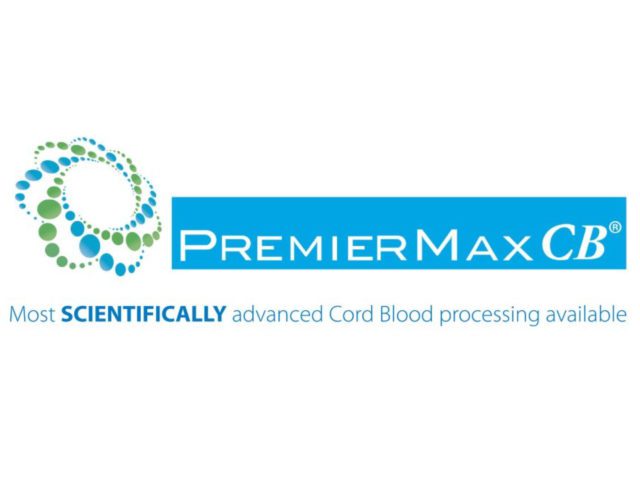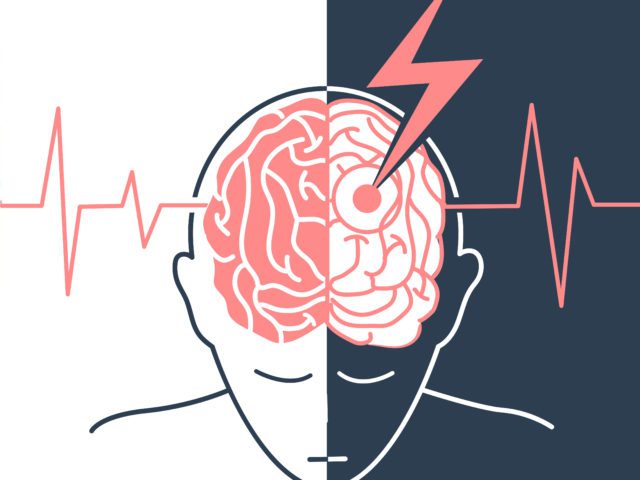What is Umbilical Cord Tissue?
What is Cord Tissue?
The human umbilical cord is being increasingly recognized by the medical community for its potential in regenerative medicine and cellular therapies. Once discarded as medical waste, the umbilical cord contains valuable stem cells known as mesenchymal stem cells (MSCs) that are now at the forefront of medical research.
These cells are different from the cells in cord blood and perform different functions in healing and recovery. Stem cells derived from cord tissue can become many different types of cells, including cartilage, bone, fat, skin, and connective tissue.
MSCs are especially unique because they can regenerate, allowing for multiple treatments. In addition, they can give signals to other cells to start healing chronic wounds or to prevent harmful inflammation caused by autoimmune, immune-related, and neurodegenerative conditions such as Crohn’s disease, Parkinson’s disease, and ALS. These versatile properties have the potential to make MSCs help us overcome some of the most difficult-to-treat medical conditions.
How is Cord Tissue Being Used in Medicine?
A significant amount of research is underway to better understand how cord tissue stem cells could play a role in future therapies. They have shown promise in treating serious wounds, burns, diabetes, Autism, Alzheimer’s, heart disease, liver disease, stroke, and spinal cord injuries, to name a few. As researchers discover more about cord tissue stem cells, their full potential for use in medicine will become clearer.
Why Bank Cord Tissue?
Cord tissue banking allows families to secure an additional source of stem cells that work in a different way than cord blood stem cells. By storing the stem cells from both the umbilical cord tissue and cord blood, you can ensure the type you need will be available for potential future medical use.
Why Bank with Cord for Life®?
Most cord blood banks that store cord tissue MSCs simply store a chopped up section of the cord tissue and/or an impure population of cells. At Cord for Life®, we use state of the art techniques that combine surgical dissection, enzyme digestion, specialized dissociation equipment, and filtration techniques resulting in a purified MSC population.
Cord for Life® banks MSCs in multiple labeled containers to provide you and your family with options on dosing and the number of potential uses. The banked product is stored cryogenically until you and your physician should need them. Upon your request the purified MSCs will be cultured and expanded to fit the treatment plan to the individual’s needs.
LATEST ARTICLES
What is a 5-compartment cord blood freezer bag? Historically, cord blood was stored in a cryo-bag with only one or two chambers. Using a one chamber bag requires all of the stored product to be used at one time. A two-chamber bag typically has 80% in one section and 20% in the other section and […]
Cord for Life® ANNOUNCES CORD BLOOD CLINICAL TRIAL Phase I Trial for the Treatment of lower back pain of the Sacroiliac Joint ALTAMONTE SPRINGS, FL (October 29, 2021) Cord for Life®, a full-service cord blood bank with over 25 years of experience, today announced plans to conduct a clinical trial to treat lower back pain arising from the Sacroiliac Joint (SIJ) using a biological therapeutic derived from umbilical cord blood. The company has received […]
The results of a Phase I study published in Stem Cell Translational Medicine suggest that it is safe and feasible to infuse stem cells from banked umbilical cord blood into adults following an acute ischemic stroke. This research paves the way for additional studies into the efficacy of umbilical cord blood in treating stroke patients. […]






























Ready to sign-up for cord blood banking?
Reserve your Cord Blood Collection Kit in time to bring it with you when you go into labor. Give your newborn every advantage with cord blood banking!
Donate Cord Blood
By donating your newborn’s cord blood, you are joining a nationwide effort to create a genetically diverse inventory of stem cells for transplant to a child.




